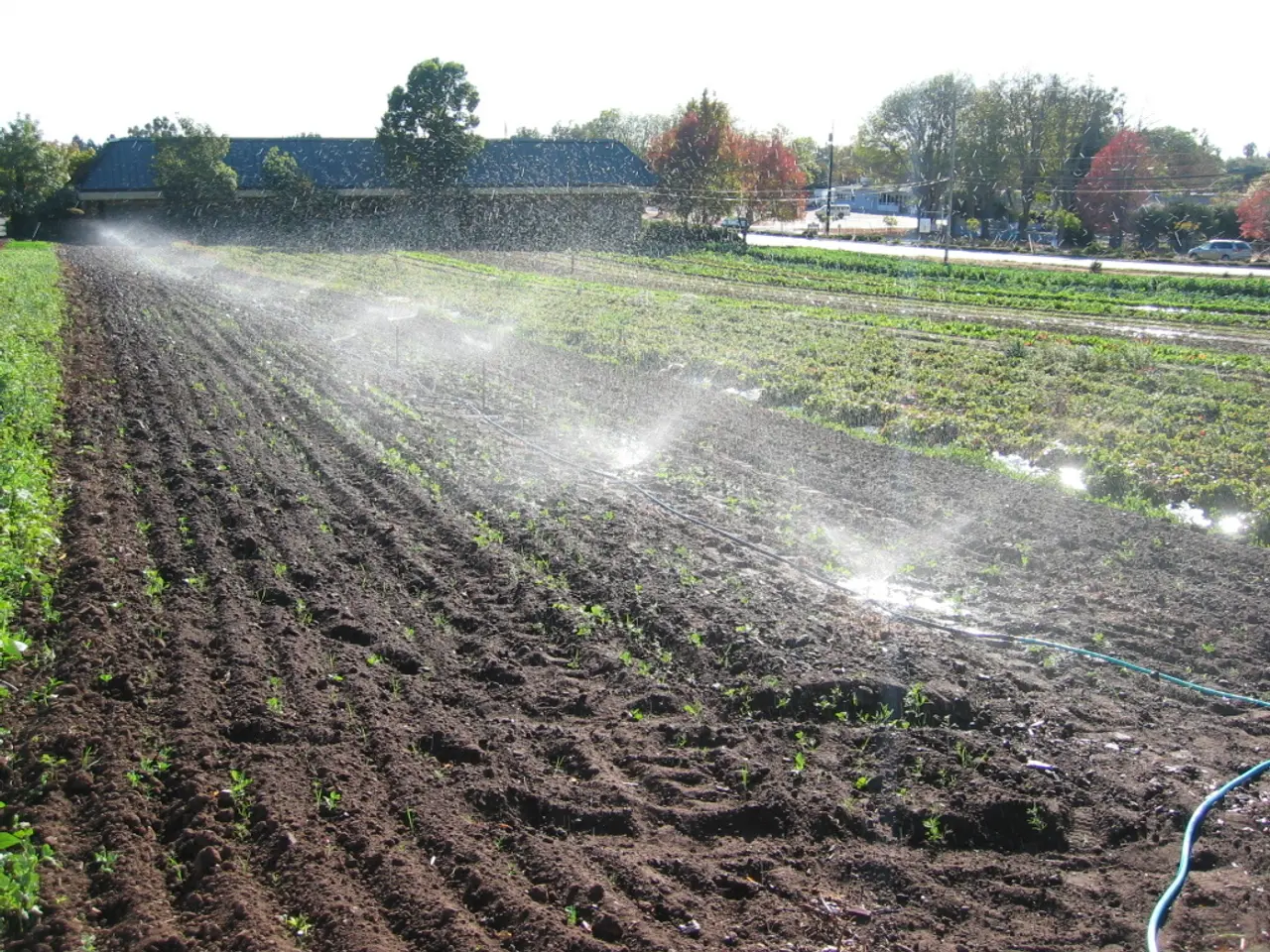Catastrophic floods wreak havoc on Punjab, India's principal grain-producing region
In the heart of India, the state of Punjab is grappling with one of the worst flood disasters in decades. Known as India's granary, the affected area is almost as large as London and New York City combined due to record monsoon rains.
Punjab is the largest supplier of rice and wheat to India's food security programme. However, this year's deluge has ruined crops, and the main effect is expected to be on basmati rice production, prices, and exports. Analysts predict this lower output in Indian and Pakistan Punjab will have a significant impact.
Septuagenarian farmer Singh shares the uncertainty, with knee-deep water still on his farm. Meanwhile, landless laborers like Mandeep Kaur face greater uncertainty as the fields they worked in have been destroyed. Mandeep's house was washed away by the floodwaters, forcing her to sleep in the courtyard under a tarpaulin sheet. At least 52 people have been killed, and over 400,000 have been affected by the floods.
In the village of Toor, the water rose up to at least 10 feet (three metres) in a matter of minutes. The gushing waters have reduced some farmers' paddy fields to marshland. Rakesh Kumar, a farmer in adjacent Lassia, has lost all his investments due to the floods. He fears his fields will not be ready in time to sow wheat, the winter crop of choice in Punjab.
The floods pose a danger to Mandeep Kaur as snakes are slithering all over the damp land. Heavy earth-movers are needed to clear the silt in the affected areas, but bringing them is challenging due to the pontoon bridge's operation limitations.
The Indian Prime Minister, Narendra Modi, has announced a relief package of 500 crore rupees for the state of Punjab following the extent of the floods. This relief package is worth around $180 million. US tariffs have already made Indian basmati less competitive, and the floods risk worsening that squeeze.
Interestingly, Punjab opted out of the federal government's insurance scheme, citing high costs and a low-risk profile due to its robust irrigation network. However, the current situation underscores the need for such a safety net.
As the waters recede, the challenges faced by the people of Punjab are becoming clear. The road to recovery will be long and arduous, but with support and resilience, they will rebuild and continue to contribute to India's food security and economy.
Read also:
- Alcohol and Hormones - A Delicate Equilibrium Prone to Disruption
- Latest Principal Information Bureau Announcements on 12-09-2025
- Guidelines for resuming operations: Strategies for hotels to utilize their resources beneficially during the ongoing lockdown period
- Struggling Japanese women try to find a footing in the male-dominated realm of Japanese sumo wrestling








